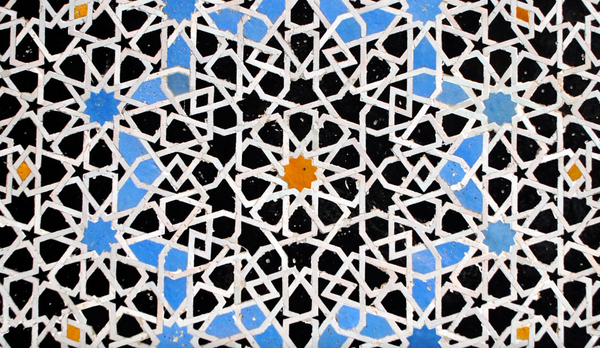Curious Bends – homeopathy's Nazi connections, painful science, the HepC bombshell and more
1. Standing up for the truth about homeopathy and Nazi medicine
“Few people would doubt the Nazi atrocities constituted the worst violations of ethics in the history of medicine. They were possible because doctors had disregarded the most elementary rules of medical ethics. Using unproven, disproven or unsafe treatments on misinformed patients, as in alternative medicine, is also hardly an ethical approach to healthcare. In fact, it violates Hippocrates’ essential principle of “first do no harm” in a most obvious way. These were some of the ideas I cover in my memoir, A Scientist in Wonderland. Just when the book had been written – and seemingly to prove my point – an extraordinary turn of events linked all these themes together in a most dramatic fashion.” (4 min read, irishtimes.com)
2. How does the emerging world use technology?
“Very few people in India and Bangladesh use the internet – only 20% and 11% respectively. But among those who do, job searching is a popular activity. Majorities of internet users in Bangladesh (62%) and India (55%) say they have looked for a job online in the past year, the highest rates among the 31 countries surveyed that have enough internet users to analyze.” (4 min read, pewresearch.org)
3. For a renaissance in Indian science and technology
“In addition, several premier research and development laboratories function without a regular director, examples being the Tata Institute of Fundamental Research in Mumbai, and the Indian Agricultural Research Institute in New Delhi. There is more. The last Union Budget speech had virtually no reference to science. Personally, I am aware of the erosion of excellence built painstakingly over the years in laboratories such as the Centre for Cellular & Molecular Biology in Hyderabad. Its library can no longer subscribe to even Current Contents leave alone other scientific journals as there is no money. I know that the ICMR cannot even pay appropriate travel allowance to those attending its meetings. I have not seen such situations arise in my scientific career spanning over six decades. The resource crunch that S&T labs face today is something unknown and is painful.” (7 min read, thehindu.com)
+ The author of this piece, Pushpa M. Bhargava, is the Chairman of the Council for Social Development (southern regional centre).
4. An Indian won the 2015 Stockholm Water Prize for revitalising an ancient innovation
“It look him a few months before finding his life’s mission—and it took an ancient innovation, a fast disappearing traditional technology, to help him transform the lives of thousands of villagers in one of India’s most arid regions. On March 20, Singh was awarded the 2015 Stockholm Water Prize, sometimes described as the Nobel prize for water. “Rajendra Singh did not insist with the clinics,” the Stockholm International Water Institute, which awards the prize, said in a statement. “Instead, and with the help of the villagers, he set out to build johads, or traditional earthen dams.”” (4 min read, qz.com)
5. Now, silence is offered as a luxury good
“Silence is now offered as a luxury good. In the business-class lounge at Charles de Gaulle Airport, I heard only the occasional tinkling of a spoon against china. I saw no advertisements on the walls. This silence, more than any other feature, is what makes it feel genuinely luxurious. When you step inside and the automatic doors whoosh shut behind you, the difference is nearly tactile, like slipping out of haircloth into satin. Your brow unfurrows, your neck muscles relax; after 20 minutes you no longer feel exhausted. Outside, in the peon section, is the usual airport cacophony. Because we have allowed our attention to be monetized, if you want yours back you’re going to have to pay for it.” (7 min read, nytimes.com)
Chart of the Week
“As the patent case winds its way through the legal labyrinth, there is both hope and disappointment. The hope springs from the belief that patent challenge to sofosbuvir is strong. The pre-grant opposition filed by I-MAK says the drug is not new and that the patent is based on old science that was disclosed in a 2005 application made by Gilead to India’s patent office. The disappointment stems from the fact that India’s top generic companies have caved in and opted for the safer option of VL agreements.” (10 min read, scroll.in)




